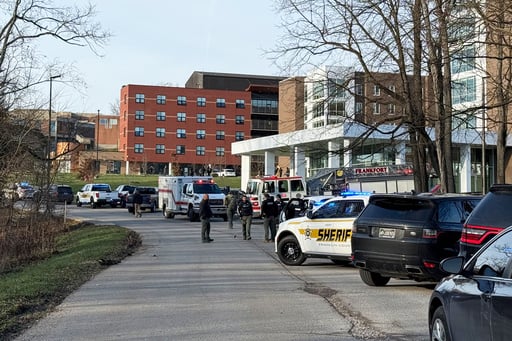Social distancing forces Big Brothers Big Sisters of RI to mentor in new ways
In the face of COVID-19, Big Brothers Big Sisters of Rhode Island's mentoring program has had to adapt to adhere to social distancing guidelines.
CRANSTON, R.I. (WLNE) – In the face of COVID-19, Big Brothers Big Sisters of Rhode Island’s mentoring program has had to adapt to adhere to social distancing guidelines.
“As COVID-19 started to get more serious, we recognized that it was best for us to tell our matches that they needed to socially distance.”
Executive Director Katje Afonseca said the organization has encouraged their mentoring pairs to take advantage of digital communication instead of in-person hangouts. Afonseca said pairs have always used text messaging or video chat platforms to keep in touch, but that has been enhanced since the pandemic.
“It’s actually, I think, a great experience for every adult to realize what being distant from people and human connection feels like. A lot of the kids in our program are enrolled because there’s a lack of connection to other humans and so we all get to feel that now.”
The Cranston non-profit currently has more than 300 mentoring pairs, what they call “bigs” and “littles”. Children can enroll as young as 7 and can stay in the program until they’re 18 or graduate high school.
The organization has struggled in recent months, as they rely heavily on their donations of clothes and household items that they then turn around to Savers for a profit. Since Savers has been closed, that income is no more.
“When we originally knew this was coming, we made a decision to immediately sort of slow everything down as far as the mentoring program went,” said Afonseca.
BBBSRI shifted their focus on match support, the contact between the organization and matches, and paused everything else. As a result, Afonseca said, BBBSRI was forced to lay off close to 70% of employees, both at their Cranston office and their donation center.
The remaining employees have been spending their time working to get children wifi access and devices to continue their mentoring relationship. Afonseca said, a handful of children in the program didn’t have a device, and even more didn’t have wifi at their homes.
“We’ve had a mentor this week reach out to us and say that she just learned that her little sister didn’t have anything but a cell phone. So she’s doing all of her learning via a cell phone, which you can imagine would be very difficult.”
While times are tough, mentors are going above and beyond.
“We posted a story where one of our mentors, his little brother’s bicycle was stolen and so he found him a bicycle and dropped it off on his front yard. So they’re keeping apart but together in different ways,” said Afonseca.
The team at BBBSRI is now planning out protocols to keep everyone safe when mentoring pairs can finally get back to the face-to-face contact that’s so important.
“Regardless of COVID-19, young people are always (on their devices). They are on their devices all the time and they’re not used to that person to person communication. So I hope that people who are quarantined right now again will feel that and recognize the importance of mentoring and what we do all of the time, which is connect adults with kids in a relationship where they’re interacting…and just sharing time with someone that they otherwise would never even say hello to it if they pass them on the street.”
Additional measures BBBSRI has taken is starting up a pen pal program for their school-based mentoring pairs, and the national office is working on a mentoring app that is set to be released in June.
© WLNE-TV 2020



